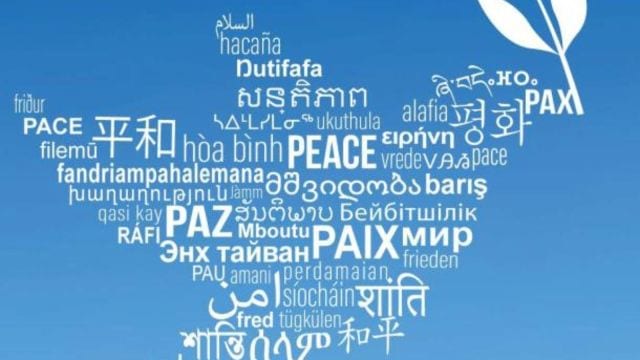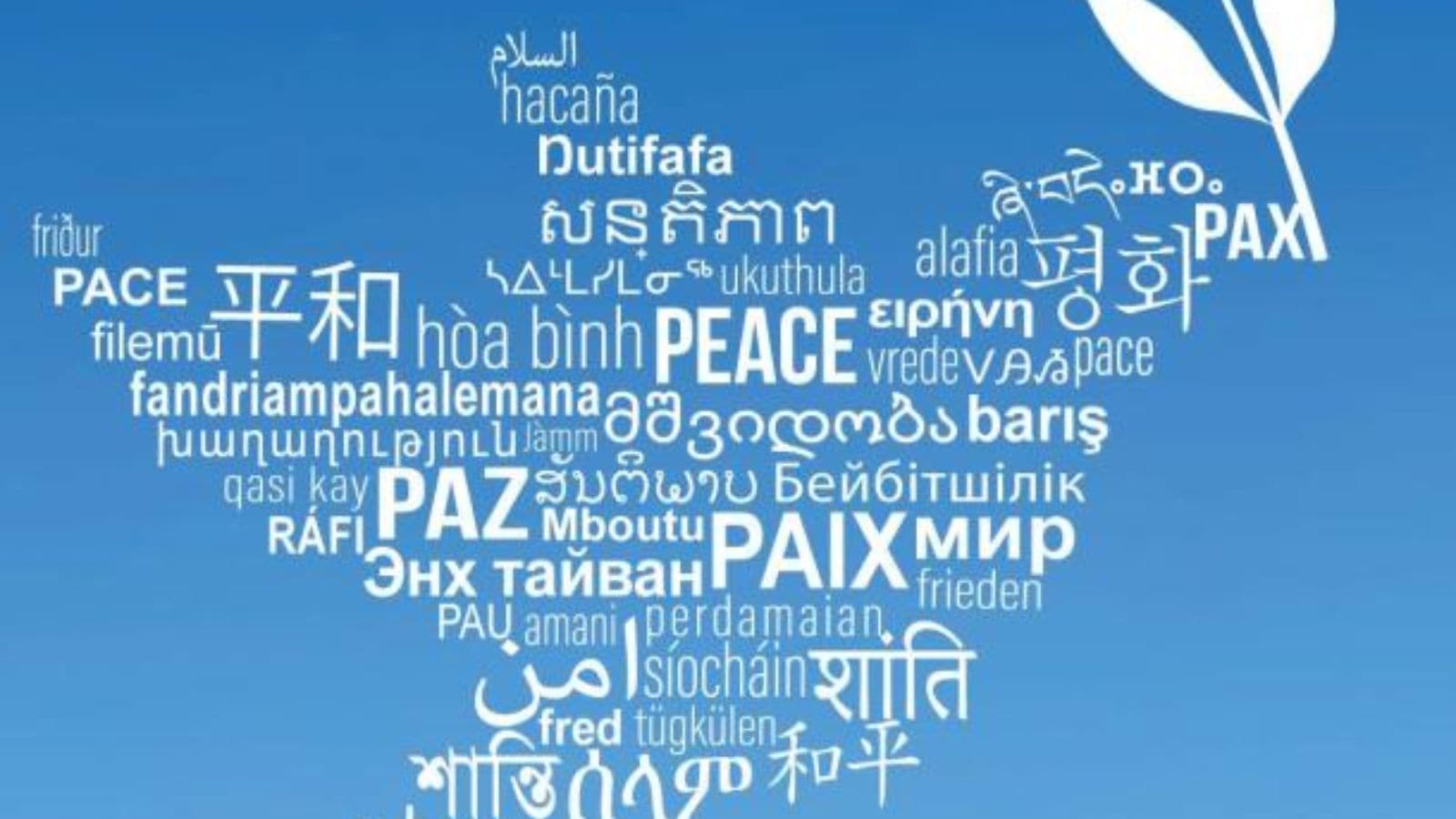

Feb 6, 2025 19:21 IST First published on: Feb 6, 2025 at 19:19 IST
This year marks the 25th anniversary of International Mother Language Day, celebrated on February 21 every year to preserve linguistic diversity and promote mother tongues. My mother had drained her tongue of any hint of rusticity to ensure that my language was sanitised. Growing up, every word on my lips felt inauthentic. The formal Hindi I wrote in my school papers, the English I learnt in order to climb up the ladder, the silent word in my grandmother’s “dialect” that is stuck in my throat and can’t find its way to my mouth. Our cities were coloured with flags advertising “Spoken English” classes. Our English-medium schools blackstarred us for every word of vernacular uttered. Thus, we bowed to the Language Almighty and put in the hard work to learn the language of aspiration and ambition by internalising the rules of grammar.
In his Minute on Education, written in 1835, Lord Macaulay made a case for the creation of a “class who may be interpreters…persons Indian in blood and colour, but English in tastes, in opinions, in morals and in intellect”. We fulfilled the intended role by bartering our self-image and indigenous knowledge for being the labour and consumer market for the Western world. Our vernacular tongues remained inferior, unwritten if spoken, incapable of being a part of any serious knowledge-making or dissemination processes. English was the longest arm of modernity and we wanted to rest in its embrace.
Story continues below this ad
The National Education Policy in 1968 first came up with the “three-language formula”, where the first language or the primary medium of instruction was supposed to be mother tongue or regional language. It called for “energetic development of Indian languages and literature”. The National Curriculum Framework, 2005 recognised the need for a renewed effort to implement the three-language formula and discussed widening access and resources in home language(s). The National Education Policy, 2020 also reaffirmed the mantra of the three-language formula. The implementation of the formula varies across states and across boards. Access to knowledge in regional languages remains limited, and contributes to the stubborn divide between learners from urban and rural schools, and learners from regional-language and English-medium schools.
Beyond the policy chatter of the formulae of languages are the schools affiliated to the International Baccalaureate (IB) and the Cambridge International General Certificate of Secondary Education (IGCSE). These international schools, quick markers of class, have suppressed the prescription and need to teach the local language. We see a new crop of learners, hybrid in composition but with none of their DNA containing any Indian language. It is now possible for a four-year-old child to grow up with Hindi-speaking parents in a Gujarati-speaking city to be exclusively receiving instructions in English and French. One wonders where these children will flaunt their tongues embalmed with exotic European languages. The parents are proud of their inferiority complex, going from “my child can speak English” to “my child can’t even speak the vernacular language”. They have decided that these languages, not marketable and cashable in the labour or status market later, don’t need to be taught formally.
This marks the birth of a new class of citizens who will not be Macaulay’s class of interpreters; rather, they will need to invest more time in interpreting their own identity. Their alleged globalness detaches them from their local culture and predisposes them to non-belonging. The urban children of international boards will understand nothing of the rural children of state boards — they have no linking languages between themselves. Conversation on literature and knowledge in native languages is a thought beyond comprehension. The idioms of the native language disappear from our everyday language, making way for a language often interpolated by English. The books in the native language are not ambitious enough to be taken seriously.
most read
Story continues below this ad
International Mother Language Day was initiated by Bangladesh in the UNESCO General Conference in 1999 and was welcomed into the UN General Assembly in 2002. It is intended to promote linguistic diversity and support the right of children to learn in their mother tongue for better comprehension, engagement, and critical thinking skills. The day serves as a reminder to see how many layers of repression are being borne by the languages that survive where untouched by formal education. The modern education paradigm treats mothers and mother tongues as incapable of seriously educating their children and thus marginalises them.
There’s a lesson worth remembering in a story by Alphonse Daudet called The Last Lesson, which is part of the NCERT English textbook of Class XII. The story is set during the Franco-Prussian War, and includes a moving oration by the protagonist on the significance of the native language, “…when a people are enslaved, as long as they hold fast to their language it is as if they had the key to their prison”. We must hold on to our key.
Upadhyay is a Delhi-based writer and researcher


